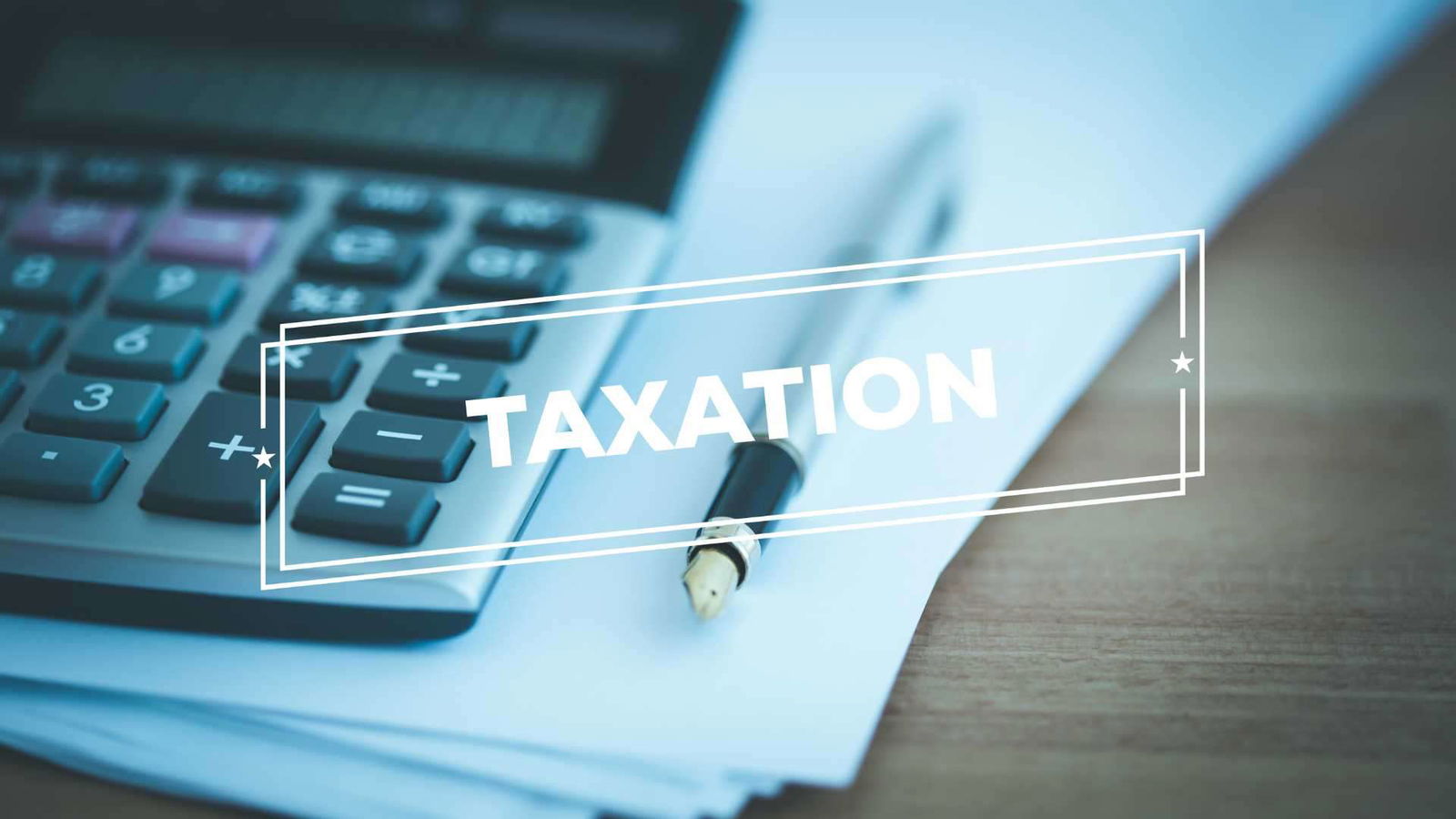Taxation of Rent-Free House Perk
As of September 1, 2023, significant changes have been introduced by the Income Tax Department regarding how rent-free accommodation provided by employers is to be calculated and taxed. These changes will directly impact employees who receive housing as part of their employment benefits. The new rules, applicable for the fiscal year 2023-24, aim to alter the tax implications associated with such accommodations, potentially boosting employees’ take-home pay. In this article, we will delve into the specifics of these regulations, exploring how they determine the value of employer-provided accommodations and the subsequent impact on an individual’s taxation liability.
Defining Accommodation
Before we delve into the intricate details of the new rules, it’s essential to clarify what constitutes ‘accommodation.’ According to the regulations, accommodation encompasses a wide range of dwelling options, including houses, flats, farmhouses, hotels, motels, service apartments, or any other structure where an employee resides as part of their employment arrangement. Importantly, accommodations must be provided as part of an employment benefit program to be subject to taxation; accommodations offered to facilitate official duties are not taxable.
Key Changes in the New Rules
1. Inflation-Linked Cap: One of the most notable changes introduced by the CBDT (Central Board of Direct Taxes) is the introduction of an inflation-linked cap for accommodations occupied by an employee for over a year.
2. Factors Affecting Accommodation Value: The new CBDT rules consider various factors when calculating the rental value of accommodation. These factors include the valuation rate, the population threshold of the city, and whether the accommodation is furnished or unfurnished. The employer will then deduct TDS from the employee’s salary based on applicable income tax slabs.
3. Components of Salary for Accommodation Value: The salary, to calculate the accommodation value, encompasses all allowances paid by the employer, such as basic pay, dearness allowance, special allowance (excluding exempt allowances), employer’s contribution to EPF, retirement benefits, and any other perquisites.
Detailed Breakdown of Rules for Different Scenarios
A. Private Employers:
- Owned Accommodation: If the employer owns the accommodation, the value depends on whether it is furnished or unfurnished.
- Unfurnished Accommodation: The value varies based on the city’s population, with cities with higher populations incurring higher values.
- Furnished Accommodation: The value is equivalent to the unfurnished accommodation value, with a 10% annual increase in the cost of furniture and appliances.
- Hotel Accommodation: In the case of accommodations provided in a hotel, the value is either 24% of the salary paid or the actual charges, whichever is lower. Charges paid by the employer are deducted for calculation purposes.
- Rented Accommodation: If the employer rents the accommodation, the value depends on whether it is furnished or unfurnished, with a similar calculation as owned accommodations.
B. Government Employers:
- Unfurnished Accommodation: The value is equivalent to the license fee determined by the central or state government.
- Furnished Accommodation: The value is calculated similarly to unfurnished accommodation, with a 10% annual increase in the cost of furniture and appliances.
C. Accommodation Occupied for Over a Year:
- The house’s value must be adjusted in subsequent years using the Cost Inflation Index (CII). The income tax department provides the formula for this adjustment.
- The adjusted value cannot exceed the initial value of the first year, either the fiscal year 2023-24 or the year the accommodation was provided, whichever is later.
Example Illustration
Suppose Mr A’s monthly salary for FY 2023-24 was Rs 1.5 lakh, and for FY 2024-25, it increased to Rs 2 lakh. If he occupied an unfurnished house provided by the employer from FY 2021-22 in Delhi, with the new rules coming into effect in FY 2023-24, the perquisite value for FY 2024-25 would be calculated based on inflation adjustments from FY 2023-24.
Conclusion
The new CBDT rules significantly impact how rent-free accommodations are taxed for employees. By considering factors like the type of accommodation, location, and whether it’s furnished or unfurnished, the rules provide a more nuanced approach to taxation. Employees and employers should pay close attention to these changes, as they can substantially impact take-home pay and tax liabilities. Moreover, introducing an inflation-linked cap for accommodations occupied for over a year adds another layer of complexity to the calculation process. Staying informed and seeking professional advice is crucial for individuals and organizations to navigate these new regulations effectively.
Related Services





